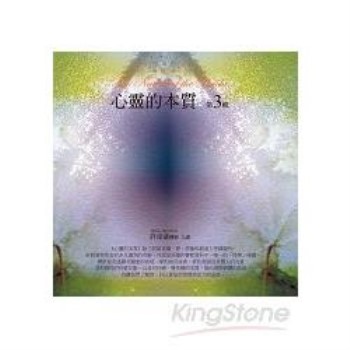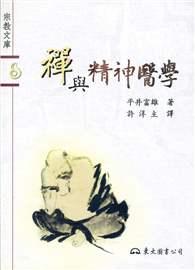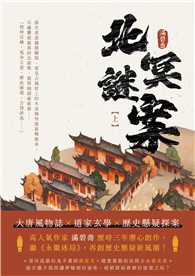An edifying immersion into Vicuña’s creative wellspring as well as her decolonization and ecofeminist ideals
Beautifully designed, with a special reverence for her humanitarian heart, Dreaming Water is the most thorough monograph dedicated to the work of Chilean artist Cecilia Vicuña to date. Vicuña coined the term "Arte Precario" in the mid-1960s as a new category for her works composed of debris and structures that disappear in the landscape, and which also include her quipus ("knot" in Quechua), envisioned as poems in space. Dreaming Water brings together over 200 works--including paintings, drawings, screenprints, collages, textiles, videos, photographs, installations, poetry, artist books and performances--created throughout the artist’s remarkable career. It also features several stimulating texts--a lengthy epistolary piece by curator and editor Miguel A. López as well as new essays by anthropologist Elizabeth A. Povinelli, curator Catherine de Zegher and art historian José de Nordenflycht. Vicuña herself contributes two texts, reflecting on her drawings from the "Palabrarmas" project and the activism of the group Artists for Democracy, which she cofounded in 1974. A rousing conversation between Vicuña, anthropologist Marisol de la Cadena and curator Camila Marambio also figures in the book, blending the artist’s voice with those who are experts in fields pertinent to her practice.
Cecilia Vicuña (born 1948) is a poet, artist, activist and filmmaker whose work addresses pressing concerns of the modern world. She was elected a foreign honorary member of the United States Academy of Arts and Letters and also received the Gold Lion for Lifetime Achievement in 2022 at the 59th Venice Biennale.









